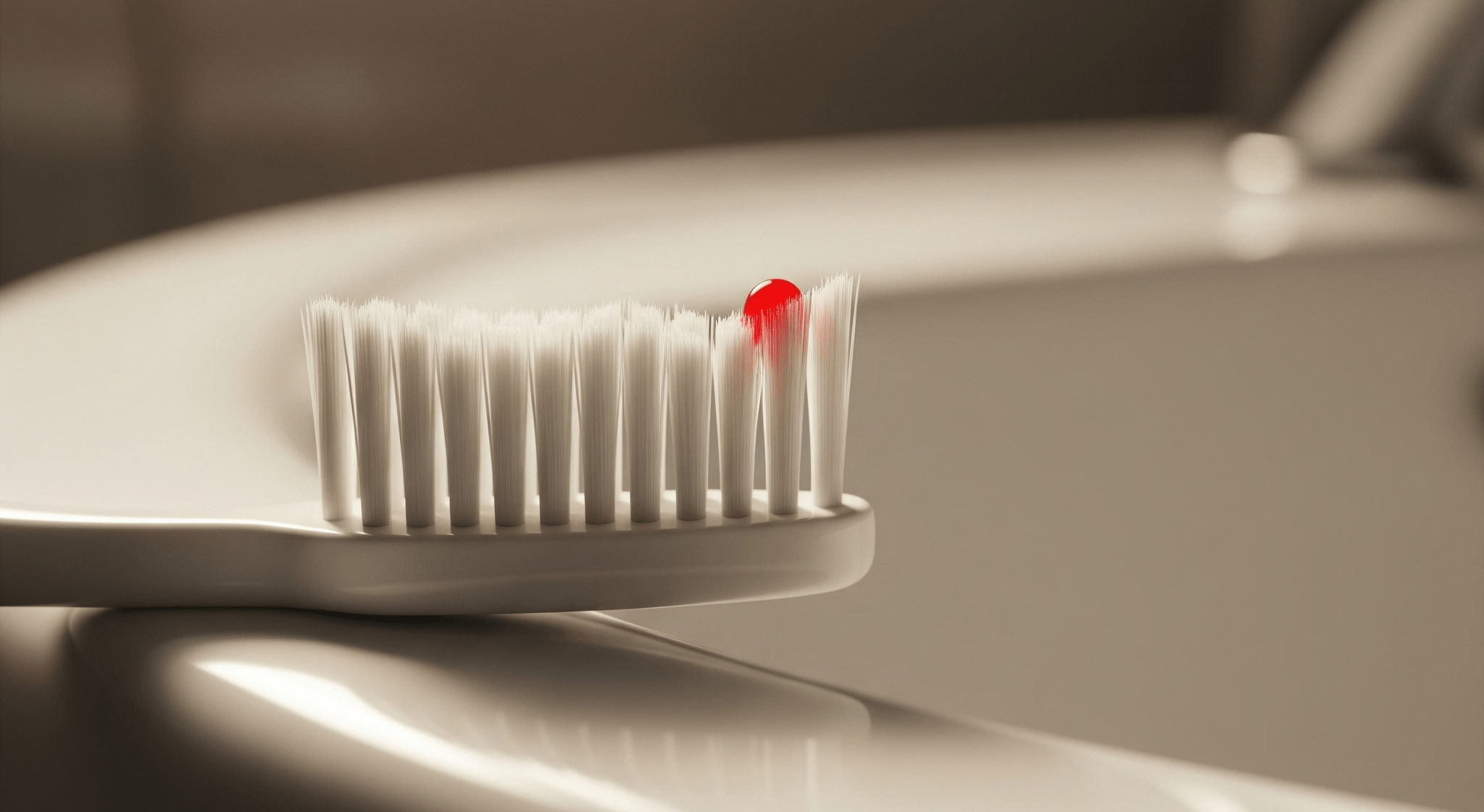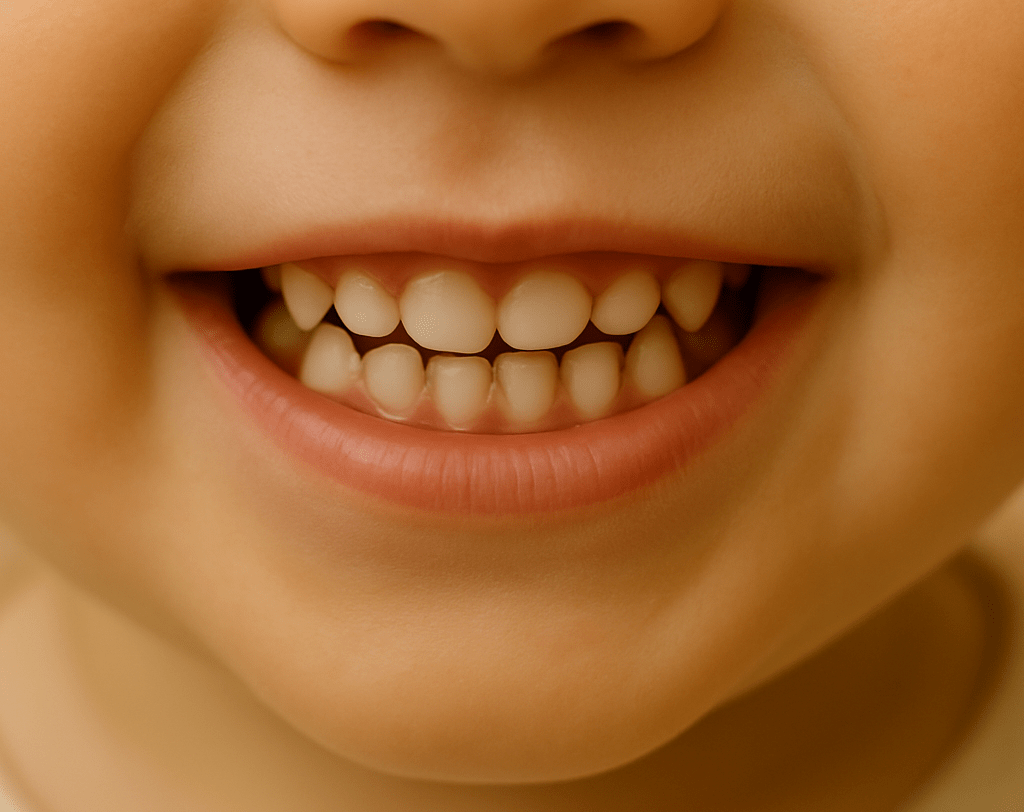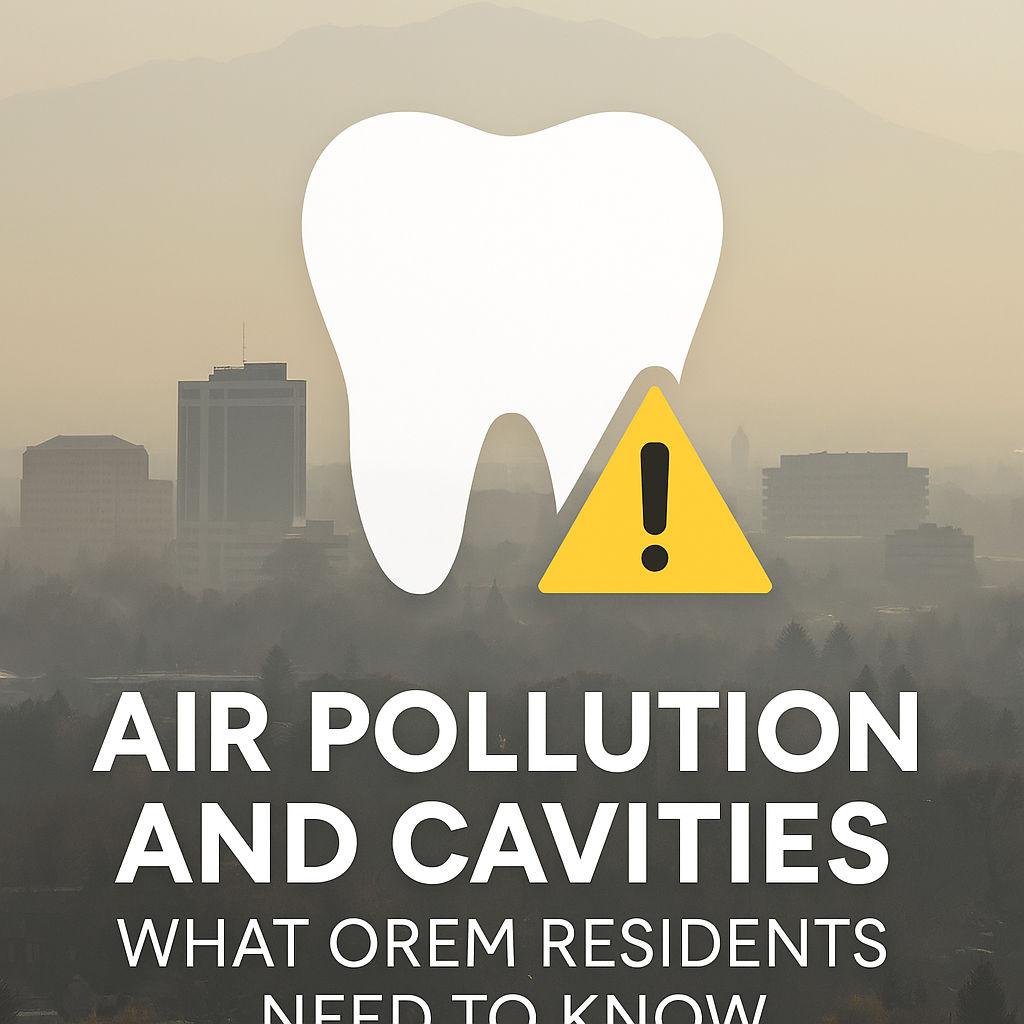According to the National Eating Disorders Association, more than 10 million Americans struggle with significant eating disorders such as anorexia, bulimia, and binge eating. Although anyone at any age in Orem can develop an eating disorder, young women are disproportionately affected. Eating disorders are damaging to one’s health and quality of life, but they also have far-reaching effects on one’s self-perception, social relationships, academic performance, and occupational success. The best thing you can do if you are suffering from an eating disorder is to consult a doctor.

Even if a person’s overall health is good, their dental health may suffer due to an eating disorder. Lack of appropriate nourishment can cause gums and other oral soft tissues to bleed more easily. Salivary glands may enlarge, leading to persistent dry mouth. Constant vomiting can also damage your teeth. This is because enamel loss can occur when strong stomach acid passes over teeth on a regular basis, leading to noticeable changes in the color, shape, and length of the teeth. The tooth’s edges become thin and readily break off. You may experience discomfort when drinking hot or cold beverages.
Various forms of eating disorders:
Anorexia:

A common symptom of this condition is having a phobia of gaining weight and becoming overweight. These people view themselves as “fat,” despite the fact that they may be incredibly skinny or even extremely underweight. They can try to starve themselves in order to achieve or keep what they consider to be the ideal weight for their body. Additionally, they might engage in extreme physical activity. On the other hand, some people may overeat at a single sitting and then try to “throw up” or eliminate the excess calories by mistreating laxatives or enemas.
Bulimia:

Fear of gaining weight is a key component of both anorexia and bulimia. Additionally, it includes secret periods of excessive eating (binge eating), which can occur multiple times per week or even per day. Those who overeat often report feeling helpless and unable to stop themselves. They may consume more food in one sitting than the average person would in a day, which can add up to thousands of calories. People who overeat often try to “undo” it as quickly as possible, either by forcing themselves to “throw up” or by abusing laxatives or enemas. The term “binging and purging” describes this pattern.
Binge or Compulsive Overeating

There’s a chance that as many males as women will be impacted. Historically, these people were often labeled as “food addicts.” Although they engage in binge eating, similar to those with bulimia, they do not routinely attempt to eliminate the food by vomiting or misusing laxatives or enemas. If the person feels bad about themselves, it may be easier for them to go back to binge eating.
Prevention
Physical, mental, and social factors all have a role in the development of eating disorders and should be addressed in order to effectively prevent and treat these conditions. The eating habits of a person’s loved ones can be encouraged by the positive examples they set and the supportive feedback they provide. Eating disorders may focus on body image, food, and weight, but they often have other causes. In order to maximize the chances of a successful recovery, it is essential that people be referred to medical professionals and encouraged to seek care as soon as possible.
Following these steps can relieve some of the oral health issues that accompany eating disorders:
- Make sure you clean and brush your teeth regularly to keep your mouth in good shape.
- If you feel sick after vomiting, instead of brushing your teeth, rinse your mouth with baking soda to help neutralize the stomach acid.
- Discuss your individual dental care needs with your dentist.
- Make sure to schedule regular visits to the dentist.





